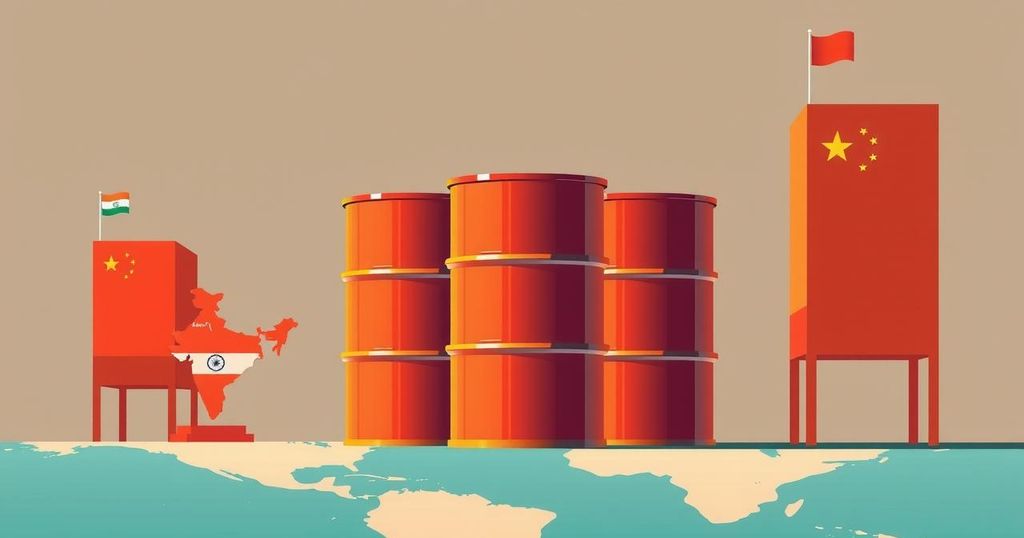US Senator Blumenthal Supports Sanctions Bill Targeting India and China

- Senator Blumenthal advocates a sanctions bill targeting Russian oil buyers.
- The legislation proposes a staggering 500% tariff on countries like India and China.
- India is currently involved in crucial trade negotiations with the United States.
- The bill may greatly complicate existing and future trade agreements.
- Diplomats face a tough lobbying effort with Congress returning soon.
US Senator Backs Sanctions Against India and China
US Senator Richard Blumenthal has voiced strong support for a new sanctions bill aimed at penalizing countries like India and China for purchasing Russian oil. This legislation proposes an exorbitant 500% tariff on such transactions, in a bid to exert economic pressure on those boosting Russia’s war efforts in Ukraine. Speaking from Rome, where he met with European leaders, Blumenthal expressed admiration for their collective commitment to aid Ukraine during this ongoing conflict, underscoring the importance of unity against Russia’s aggressive actions.
Trade Talks Complicated by Proposed Sanctions
The sanctions bill, introduced in the US Senate back in April, has garnered renewed attention due to President Trump’s endorsement, as he seeks to leverage it to encourage Russia to come to the negotiating table amid the Ukraine crisis. However, this proposed legislation comes at a precarious time as India and the US are in the midst of discussions concerning a significant trade agreement, which could establish a critical framework for bilateral trade relations. Prerna Bountra, Deputy Director at the Ananta Aspen Centre, emphasizes that if the bill passes, it could override existing trade deals, presenting hurdles that US trade negotiators may find difficult to navigate.
Future Uncertainty for India Amid Legislative Challenges
While the sanctions bill has attracted 84 co-sponsors in the Senate, it appears to have much less momentum in the House of Representatives with only 33 co-sponsors. This discrepancy provides a glimmer of hope for India, according to Bountra, who noted that the path ahead remains steep. Indian diplomats are rushing to lobby members of Congress who are expected to return to Washington just days before Congress reconvenes. Interestingly, reports suggest the bill includes provisions enabling President Trump to exempt certain countries from these sanctions twice during a limited six-month window, adding a layer of uncertainty regarding its impact.
In summary, the proposed sanctions bill represents a significant pivot in US foreign policy, particularly regarding relations with India and China over their purchases of Russian oil. With the potential to complicate ongoing trade negotiations, the situation remains dynamic and poses various challenges for Indian diplomats. The fate of the legislation in Congress is still uncertain, with a potentially uphill battle ahead for advocates of diplomacy and trade.








